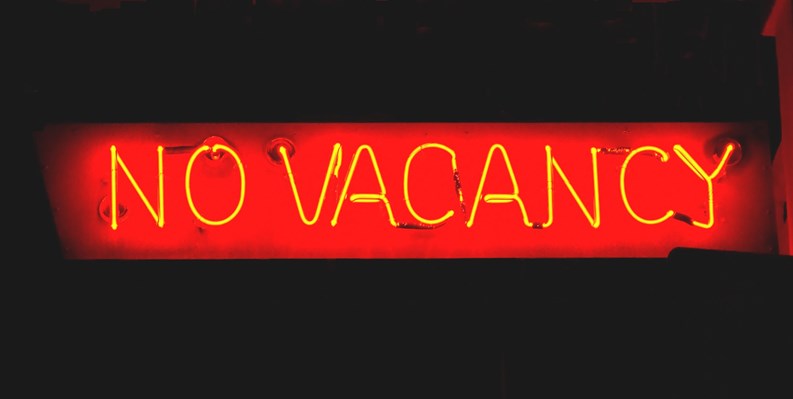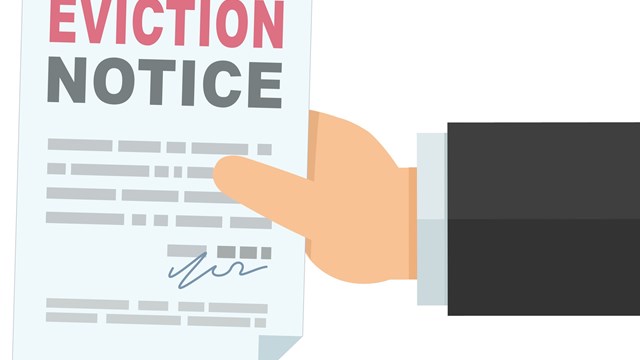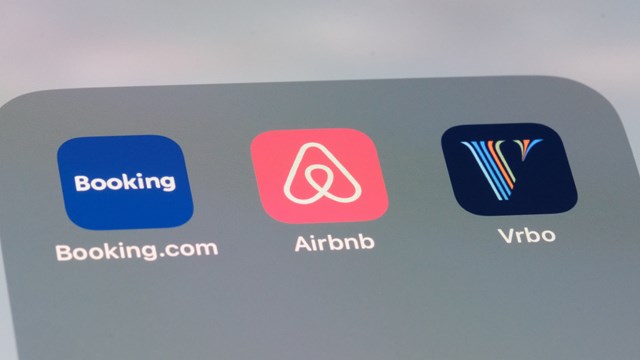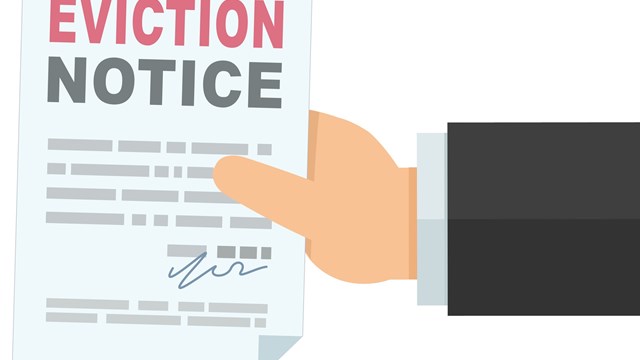Since their appearance in the early aughts, home-sharing and short-term rental platforms like Airbnb, VRBO, and others have been a polarizing issue - particularly in co-op and condominium communities. While many apartment owners may choose to book an Airbnb on a trip abroad to experience Paris like a Parisian or Rome like a Roman, they don’t necessarily want Romans or Parisians experiencing New York like a New Yorker next door to them.
Irony aside, full-time residents in both rental and co-op/condo communities have valid reasons for feeling this way. A constant stream of transient visitors raises safety and security concerns for people who actually live in the building; it can also lead to noise complaints and other disturbances. The increased traffic can add to wear-and-tear in common areas, and short-term guests may take less care with amenities than more fully-vested residents.
There’s also the broader issue of affordable housing stock - always already extremely hard to come by - being taken off the market by exploitative tenants looking to turn their apartment into an income stream.
However, the landscape has changed significantly, thanks to changes made earlier this year to the rules and regulations governing who may or may not act as an Airbnb host.
According to a brief on the issue by attorneys By Adam Lindenbaum and Collin Chipetine of Manhattan-based law firm Rosenberg & Estis PC, “As of January 9, anyone looking to rent a property for 30 days or less will have to register with the Mayor’s Office of Enforcement (OSE) and display that registration number on their listing.”
According to Scott Smiler, partner at Manhattan-based Gallet Dreyer & Berkey explains that the new regulation, “These new regulations are widely welcomed by the co-op and condo community.”
The New Rules
Sometimes referred to as Local Law 18, the new regulations don’t change the underlying rules governing short term rentals, explains Smiler. “It’s still illegal to rent any unit for under 30 days if the owner or shareholder is not present and on the premises for those 30 days. The new regulation requires registration for both host sides in the transaction - the actual host, and the hosting platform. Typically that’s Airbnb or VRBO. Both sides need to register.”
Advocates of controls on vacation rentals believe that this is a way to crack down on owners and shareholders from renting out their units for short-term rentals. If it’s harder to rent out the unit fewer will do it. “By enforcing this registration and the publication of such on any listing,” say Lindenbaum and Chipetine, “the city council has, in one stroke, made it easier for enforcement agencies — and the public — to see who is legally entitled to lease their property to strangers for periods of less than 30 days.”
One of the major components of the new regulation that will help boards control these rentals is the Prohibited Building List - a list of buildings that have officially forbidden shorter-term rentals and subleases by residents. “Individual co-op and condo buildings can affirmatively opt out of the short term rental market,” says Smiler. If the host lives in a building that’s on the prohibited list, that’s a complete bar to registration. That’s why co-op and condo boards want this.”
And according to Lindenbaum and Chipetine, the process protects visitors as well. “The registration process alone will ease the burden in what has been a shadowy market for owners, occupants and visitors alike. To date, the extremely fast pace of short-term rental transactions has left a lot of people burned, with visitors left vulnerable and owners without real recourse because guests are in and out so quickly. This registration requirement attempts to organize the market and gives both sides a level of comfort never previously enjoyed.”
Boards should keep in mind that one of the requirements for getting on the prohibited list is that they must present evidence that short term rentals are prohibited in their governing documents. “Most proprietary leases and condo bylaws do not usually address that specifically,” says Smiler. “The addition of a simple house rule prohibiting short-term rentals can solve that problem.”
There are also fines attached to the new regulations. A tiered penalty starting at $100 and increasing to as high as the lesser of $5,000 or three times the revenue from the illegal short-term rental may be imposed against both the individual host and the booking company handling the listing.
The New Jersey Angle
Though New York City is one of the world’s hottest markets for short-term rentals, many tourists coming to NYC choose accommodations outside the five boroughs. The most likely destination for these short-term renters is New Jersey - both along the Gold Coast opposite Manhattan and along the Jersey Shore, especially in summer.
“There aren’t any New Jersey state regulations that prevent Airbnb rentals in condos or co-ops,” says Scott Piekarsky, an attorney with Phillips Nizer located in Hackensack. “Localities, municipal authorities, can regulate Airbnb, but I don’t know of any who have. Condos, co-ops, and HOAs can as well. Chances are there is already language in their governing documents that restricts Airbnb-type rentals. If there is no restriction currently and they want to impose one, they will have to amend their governing documents.”
To make such a change, the board would have to authorize the preparation of the change and schedule a vote of the members or owners, he continues - and that could be tough. “Usually these types of changes to governing documents require a 65 to 70 percent vote to pass,” says Piekarsky. “If you’ve got a situation where there are no restrictions [on short-term rentals], everyone is doing it, and the property has become a transient site you might get the votes to change it. Otherwise, it’s very difficult to pass this kind of thing.”
Piekarsky has not seen many associations with this issue, most likely because most of the associations he represents are suburban where there’s no appeal to this audience. “The most likely communities to face this problem are on the Jersey Shore or along the Gold Coast with easy access to New York City by public transportation,” he says.
The bottom line is that co-op and condo residents - the full-time ones - did not buy into a hotel when purchasing their unit. Airbnb-type accommodations just don’t work for a co-op or condo communities. There’s too much baggage that goes along with the baggage carried by the ‘guests,’ including real security issues and the possibility of a lot of damage to the property. Local Law 18 may solve some of this problem.










Leave a Comment